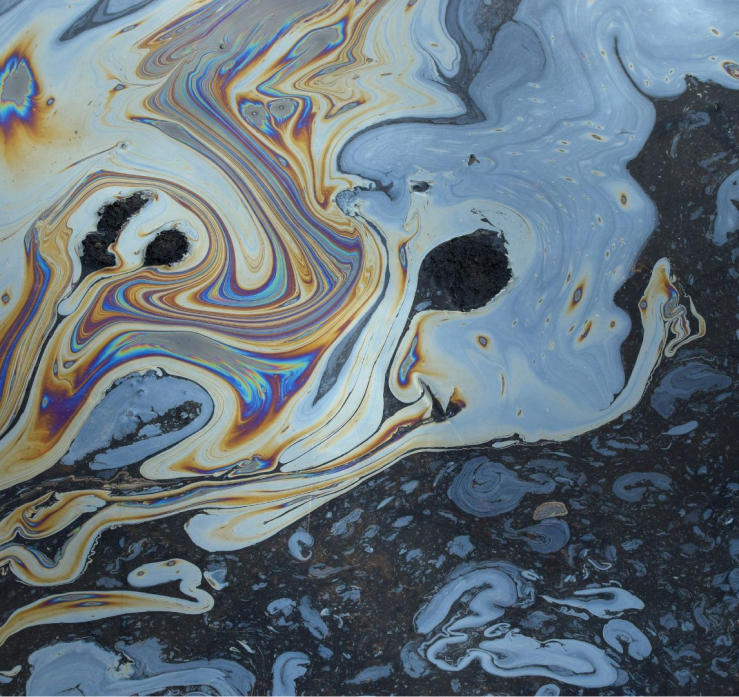Our history
Canada’s compensation system has come a long way since 1971, when the Marine Pollution Claims Fund (MPCF) was created.
Here are some key moments in the history of the Ship Fund.
Important claims and decisions in our portfolio
Largest claims ever paid
$4.3 M
Paid to two claimants after the 2014 sinking of the tug Chaulk Determination in Trois-Rivières, QC.
$2.5 M
Paid to three claimants after the 2015 spill from the bulk carrier Marathassa in Vancouver, BC.
Largest claim ever received
$25 M +
From the Canadian Coast Guard for costs associated with the cargo ship Kathryn Spirit near Montreal, QC.
Highest amount paid to a local government
$400 000
Paid to Prince Edward County, ON after the 2017 sinking of the barge Pitts Carillon.
Significant appeal
The Federal Court decided in favour of the Ship Fund: polluting shipowners cannot recover their own response costs from us (West Island 395, Haida Gwaii, 2018).
Key historical moments
Before 1971, compensation for ship oil pollution damages and losses was not easy to access. Claimants in Canada and internationally needed to sue polluters and prove fault or negligence.
- In Canada, taxpayers had to pay for significant damages from the S.S. Arrow and Irving Whale tanker spills (1970).
- In the United Kingdom, British and French taxpayers had to pay for most of the damages from the Torrey Canyon tanker spill (1967).
Canada created the Marine Pollution Claims Fund (MPCF), implementing the first liability and compensation legislation. Both cargo owners and shipowners were held financially responsible, regardless of fault or negligence. All types of ships and boats, and all types of pollutants, were covered
- The MPCF also paid where polluters could not or did not pay.
- Compensation from the MPCF was directly accessible only to those in the fisheries sector.
- A levy was collected from oil shippers and receivers from 1972 to 1976.
- Compensation from the MPCF was capped.
During this period, a narrower system was adopted internationally
- Only tanker owners were held financially responsible, up to a limit based on tonnage (ship size).
- Additional damages were covered by the International Oil Pollution Compensation (IOPC) Fund, which was also subject to a cap.
Canada transitioned the MPCF to the newly created Ship-source Oil Pollution Fund (the Ship Fund), and mostly adopted the international model
- Only shipowners were held financially responsible.
- All types of ships and boats were covered.
- Only oil was covered.
- Compensation from the Ship Fund was capped.
- Direct claims were allowed for most claimants.
In Canada and internationally, claimant rights were expanded.
- The Canadian government was allowed to access the Ship Fund directly.
- Liability caps for all vessels were gradually increased.
- Compensation caps for the IOPC Fund and a new Supplementary Fund were also increased.
- The cap on compensation from the Ship Fund was removed, making unlimited compensation available to Canadians.
- The Ship Fund could now advance emergency funding of up to $50 million to the Canadian Coast Guard in the event of a major spill.
- The Ship Fund could now provide compensation for future economic losses.

